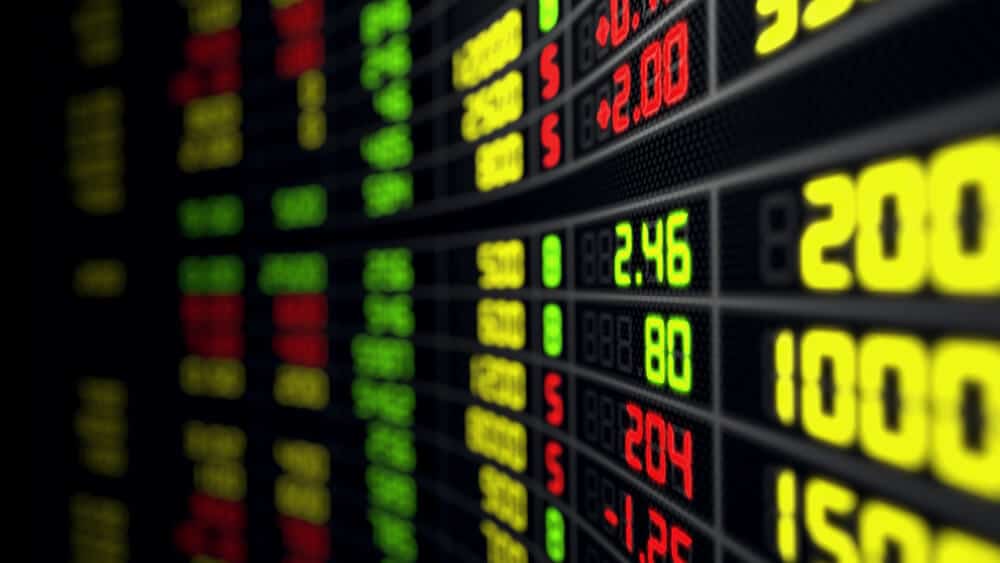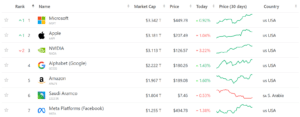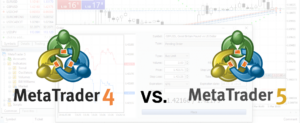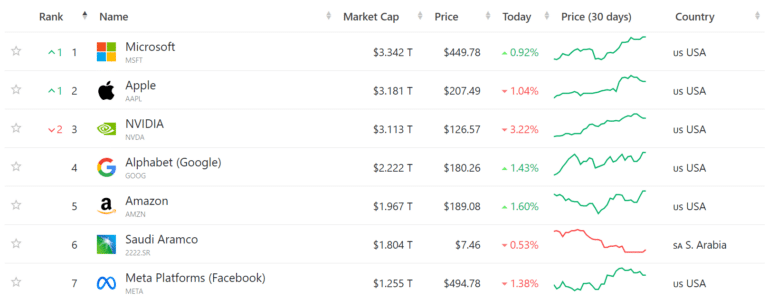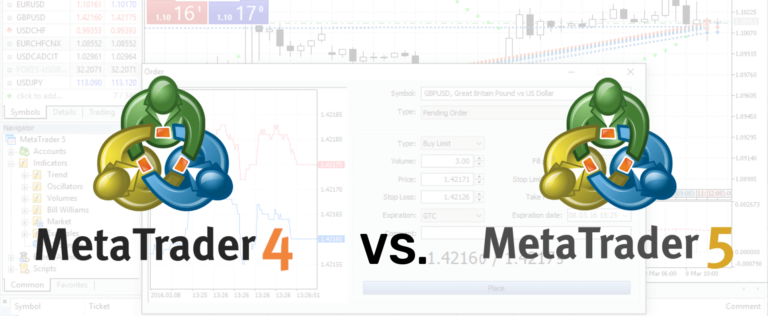In the fast-paced world of forex trading, the most important concept is liquidity. It determines how easily traders can buy or sell currency pairs without causing significant price changes. Understanding market liquidity is crucial for any trader who wants to successfully navigate the complexities of the forex market. In this article, we will be looking into the basics of market liquidity, including its definition, the major currency pairs and their liquidity, the factors that affect liquidity, the role of liquidity providers, the risks associated with low liquidity, and trading strategies tailored for both liquid and illiquid markets.
Table of Contents:
Definition of Market Liquidity and Explanation Using a Simple Example
In its essence, market liquidity reflects the ability to swiftly convert assets into cash without substantially impacting their prices. Let’s simplify this concept with an analogy. Imagine yourself at a bustling market where fruits are being traded. If there are numerous buyers and sellers for a particular fruit, transactions happen briskly without significant price fluctuations. This scenario mirrors a highly liquid market.
Conversely, suppose there’s scarce interest in a less popular fruit, such as lychees, and it takes considerable time to find a buyer or seller. In that case, we’d label that market as illiquid. Transposing this analogy to forex trading, market liquidity denotes the ease with which traders can execute trades in currency pairs without unduly influencing exchange rates.
Major Currency Pairs and Liquidity
Specific currency pairs, known as majors, dominate forex trading and boast high liquidity levels. These include popular pairs like EUR/USD, USD/JPY, and GBP/USD. The abundance of market participants and significant trading volumes ensure ample liquidity in these pairs. Conversely, exotic currency pairs involving currencies from smaller or emerging economies often exhibit lower liquidity due to fewer market participants, e.g., USD/TRY, USD/ZAR, USD/SGD.
High liquidity in major currency pairs facilitates efficient trade execution, tighter spreads, and lower transaction costs for traders. This liquidity stems from the active participation of major financial institutions, central banks, corporations, and retail traders. As a result, traders seeking liquidity and market depth favour significant pairs.
Factors Affecting Liquidity
Market liquidity is subject to various influences:
Trading Volume: Higher trading volumes typically translate to higher liquidity as more traders participate in the market. Increased trading activity generates more buyers and sellers, facilitating smoother trade execution and narrower spreads.
Market Participants: The diversity of market participants, ranging from institutional investors to retail traders, contributes to liquidity levels. Institutions and market makers provide liquidity by continuously quoting bids and asking prices for currency pairs, ensuring traders can execute trades promptly at competitive prices.
Market Hours: Liquidity varies throughout the trading day, with peak liquidity observed during overlapping sessions like the London-New York overlap. During these periods, market participants from different regions actively trade, leading to increased liquidity and tighter spreads.
Market News and Events: Economic announcements and geopolitical developments can impact liquidity by altering trading activity and risk sentiment. Major news releases, such as non-farm payroll data or central bank announcements, often lead to spikes in trading volume and volatility, affecting liquidity levels in the market.
Understanding these factors is crucial for traders to anticipate changes in liquidity and adjust their trading strategies accordingly. When assessing liquidity conditions, traders should be mindful of market hours, news events, and the presence of major market participants.
Liquidity Providers and Their Role
Liquidity providers, such as banks and market makers, are pivotal in maintaining liquidity by continuously quoting bids and asking prices for currency pairs. Market makers, in particular, ensure liquidity by standing ready to buy or sell assets at quoted prices, profiting from the bid-ask spread.
In addition to banks and market makers, electronic communication networks (ECNs) contribute to liquidity provision in the forex market. ECNs connect buyers and sellers directly, bypassing traditional intermediaries like market makers. By matching buy and sell orders from various market participants, ECNs enhance liquidity and promote price transparency in the forex market.
Risks Associated with Low Liquidity
Low liquidity poses several risks to traders:
Increased Volatility: Illiquid markets are prone to significant price swings, leading to heightened volatility and slippage. When trading in low-liquidity environments, large buy or sell orders can cause prices to fluctuate sharply, resulting in adverse price movements and increased trading costs.
Wider Spreads: Bid-ask spreads widen in low-liquidity environments, increasing transaction costs for traders. With fewer market participants willing to buy or sell at prevailing prices, spreads widen as liquidity diminishes, making entering and exiting trades more expensive.
Difficulty in Executing Trades: Finding counterparties to execute trades becomes challenging in illiquid markets, potentially resulting in delays and price manipulation. In thin markets, traders may need help finding liquidity for their orders, leading to order slippage, partial fills, or order rejections.
Trading Strategies for Liquid and Illiquid Markets
Traders must adapt their strategies based on market liquidity conditions:
Liquid Markets: In highly liquid markets, traders can quickly execute strategies like scalping and day trading thanks to quick order execution and minimal price impact. With ample liquidity, traders can enter and exit positions swiftly without significantly affecting prices.
Illiquid Markets: In contrast, traders must exercise caution in illiquid markets, opting for extended time frames, avoiding low-liquidity periods, and employing limit orders to mitigate slippage. By patiently waiting for favourable trading opportunities and utilising limit orders to specify entry and exit prices, traders can navigate illiquid markets more effectively.
Conclusion
Market liquidity is a critical aspect of forex trading that plays a pivotal role in shaping trading dynamics and influencing trading strategies. It refers to the extent to which a security or asset can be bought or sold without impacting its market price. In other words, it is the degree to which an asset can be easily converted into cash without affecting its value.
Understanding the intricacies of market liquidity is essential for traders as it can significantly impact their trading decisions. For instance, in a highly liquid market, traders can enter and exit positions quickly, which can help them capitalise on market movements. On the other hand, in a less liquid market, traders may struggle to execute trades, leading to slippage and increased trading costs.
Therefore, by having a deep understanding of market liquidity, traders can confidently navigate the forex market, seizing opportunities while effectively managing risks. They can use liquidity information to assess market conditions, identify trading opportunities, and execute trades with precision. This can help them achieve their financial goals and maximise their returns.


